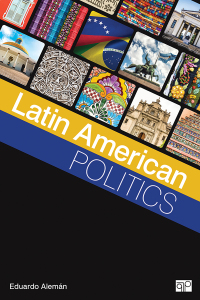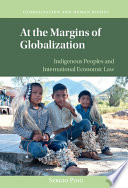Buy Latin American Politics 1st Edition PDF ebook by author Eduardo Alemán – published by CQ Press in 2021 and save up to 80% compared to the print version of this textbook. With PDF version of this textbook, not only save you money, you can also highlight, add text, underline add post-it notes, bookmarks to pages, instantly search for the major terms or chapter titles, etc.
You can search our site for other versions of the Latin American Politics 1st Edition PDF ebook. You can also search for others PDF ebooks from publisher CQ Press, as well as from your favorite authors. We have thousands of online textbooks and course materials (mostly in PDF) that you can download immediately after purchase.
Note: e-textBooks do not come with access codes, CDs/DVDs, workbooks, and other supplemental items.
eBook Details:
Full title: Latin American Politics 1st Edition
Edition: 1st
Copyright year: 2021
Publisher: CQ Press
Author: Eduardo Alemán
ISBN: 9781506326610, 9781071816264
Format: PDF
Description of Latin American Politics 1st Edition:
While it is true that poverty, political instability, and economic under-performance continue to be major problems in Latin America, the region has made substantial progress in raising standards of living and overcoming military authoritarianism. Latin American Politics reflects just how much the region has changed in the last two decades. Eduardo Alemán draws on contemporary research in comparative studies on institutions, elections, and public opinion to highlight the big questions that political scientists seek to answer today: What are the causes of political instability? What factors have influenced changes in economic and gender inequality? What are the implications of different political institutions for political outcomes?





